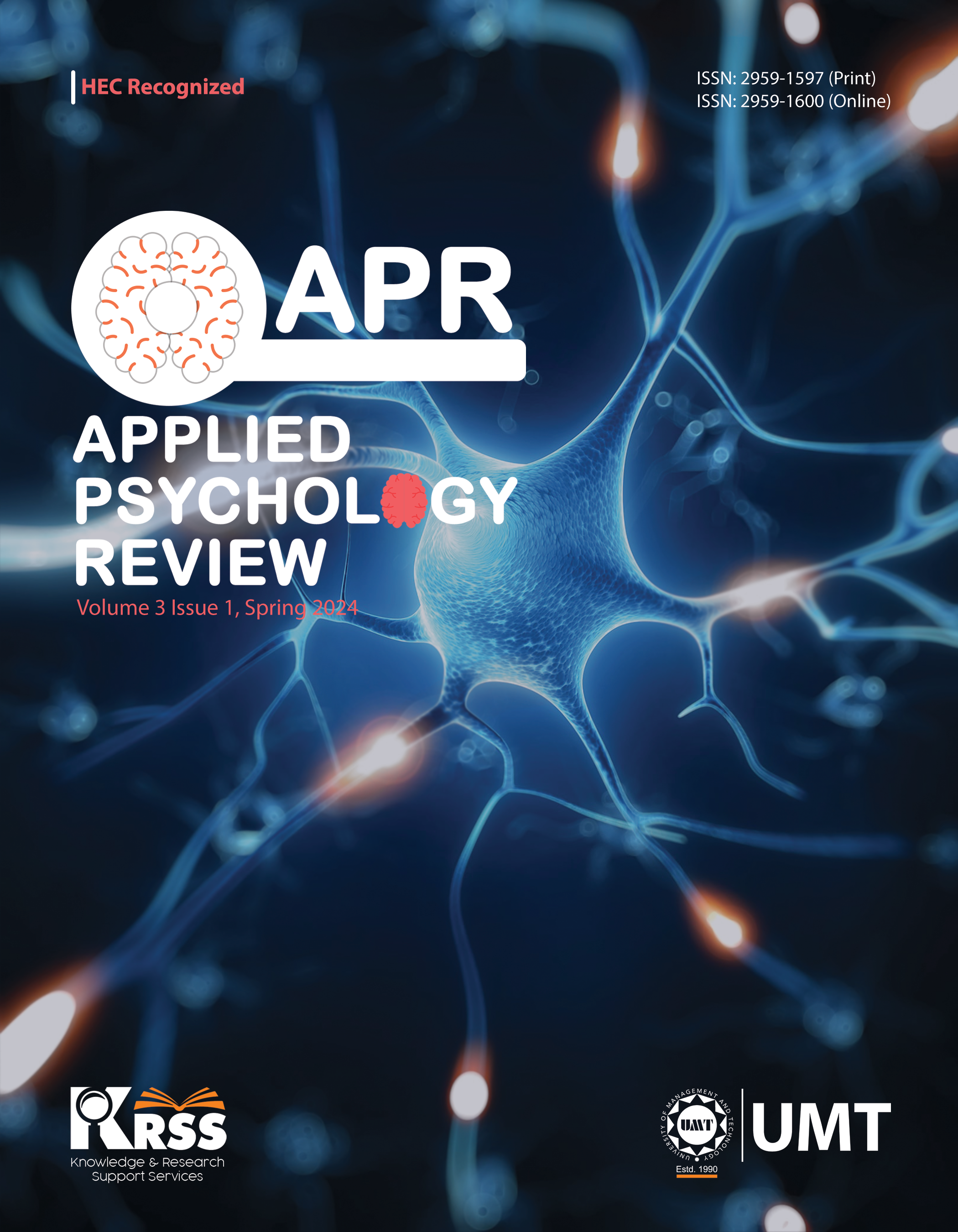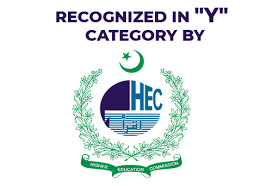Socioeconomic Impact of Sports Tourism on Community Health Development in Kwara State, Nigeria
Abstract
 Abstract Views: 0
Abstract Views: 0
Sports, as a major global contributor to socioeconomic development of the society, has not been explored extensively. Therefore, the current study investigated the impact of sports tourism on the social, economic, and ecological development among the people of Kwara state, Nigeria. The study examined whether sports tourism would have a significant impact on the economic, social, and ecological development of people in Kwara state. Data was collected from a sample of 117 sportsmen and women employing a descriptive survey approach. The study probed into the multifaceted effects of sports tourism utilizing a meticulously designed questionnaire. Findings revealed that economic (c2=130.23), social (c2=159.50), and ecological development (c2=150.90) with p-values < 0.05 alpha value. The study concluded that sports tourism has a significant impact on the economic, social, and ecological development of people in Kwara state. Moreover, the study also suggested that sports tourism should be encouraged since it serves as a seasonal economic advancement for small- and large-scale business. Sports tourism is also helpful to address the social challenges that afflict rural communities thus supporting community health development.
Downloads
References
Cheung, S. Y., Mak, J. Y., & Dixon, A. W. (2016). Elite active sport tourists: Economic impacts and perceptions of destination image. Event Management, 20(1), 99–108. https://doi.org/10.3727/152599516X14538326025198
Chibir, E., & Shirko, T. (2015). Event tourism in Russian region: Opportunity for small-scale business growth. Procedia Economics and Finance, 26, 183–187. https://doi.org/10.1016/S2212-5671(15)00916-8
Csoka, L., Gerdesics, V., & Torocsik, M. (2019). Sports tourism and sports tourists--the Hungarian characteristics of sports related travels. Journal of Tourism Challenges and Trends, 12(2), 47–65.
Daniell, R. B. (2013). SEC Football away game consumption: The roles of motives, subcultural identification, contectual dimensions and destination image in sport tourism [Doctoral dissertation, University of Tennessee Knoxville]. Tennessee Research and Creative Exchange. https://trace.tennessee.edu/utk_graddiss/2414
Głąbiński, Z., & Duda, T. (2017). The local community perception of tourism development. The case study of Gryfino County-Western Pomerania, Poland. Bulletin of Geography. Socio-Economic Series, (37), 7–23. https://doi.org/10.1515/bog-2017-0021
Handszuh, H. F. (2023). The prospects of tourism in its geopolitical context. Études Caribéennes, 9, 1–15. https://doi.org/10.4000/etudescaribeennes.28054
Hemmonsbey, J., & Tichaawa, T. M. (2019). Using non-mega events for destination branding: A stakeholder perspective. Geo Journal of Tourism and Geosites, 24(1), 252–266. https://doi.org/10.30892/gtg.24120-357
Higham, J., & Hinch, T. (2018). Sport tourism development (Vol. 84). Channel View Publications.
Huang, L. (2015). Research on effect of Beijing Post-Olympic Sports industry to China’s economic development. Energy Procedia, 5, 2097–2102. https://doi.org/10.1016/j.egypro.2011.03.362
Jamieson, N. (2014). Sport tourism events as community builders—how social capital helps the “locals”. Journal of Convention & Event Tourism, 15, 57–68. https://doi.org/10.1080/15470148.2013.863719
Kim, W., & Walker, M. (2012). Measuring the social impacts associated with Super Bowl XLIII: Preliminary development of a psychic income scale. Sports Management Review, 15, 91–108. https://doi.org/10.1016/j.smr.2011.05.007
Kim, W., Jun, H. M., Walker, M., & Drane, D. (2015). Evaluating the perceived social impacts of hosting large-scale sports tourism events: Scale development and validation. Tourism Management, 48, 21–32. https://doi.org/10.1016/j.tourman.2014.10.015
Kotus, J. (2016). Relations between tourism and sport in the context of tourism as an academic discipline. Turyzm/Tourism, 26(1), 19–25. https://doi.org/10.1515/tour-2016-0002
Li, J., & Cao, B. (2022). Study on tourism consumer behavior and countermeasures based on big data. Computational Intelligence and Neuroscience, 2022, Article e6120511. https://doi.org/10.1155/2022/6120511
Minić, N. (2012). Development of “dark” tourism in the contemporary society. Journal of the Geographical Institute Jovan Cvijic SASA, 62(3), 81–103. https://doi.org/10.2298/IJGI1203081M
Morfoulaki, M., Myrovali, G., Kotoula, K. M., Karagiorgos, T., & Alexandris, K. (2023). Sport tourism as driving force for destinations’ sustainability. Sustainability, 15(3), Article e2445. https://doi.org/10.3390/su15032445
Njoroge, J. M. (2015). Climate change, perceived impacts, risks, vulnerability, and response strategies: A case study of Mombasa coastal tourism. African Journal of Hospitality, Tourism and Leisure, 4(1), 1–36.
Njoroge, J. M., Atieno, L. & Nascimento, D. V. D. (2017). Sports tourism and perceived socio-economic impact in Kenya: The case of Machakos County. Tourism and Hospitality Management, 23(2), 195–217. https://doi.org/10.20867/thm.23.2.9
Pekerşen, Y., & Kaplan, M. (2023). The perceptions of a local community on tourism development: The case of Akyaka as a Cittaslow. Community Development, 54(2), 292–311. https://doi.org/10.1080/15575330.2022.2071956
Rasoolimanesh, S. M., Ringle, C. M., Jaafar, M., & Ramayah, T. (2017). Urban vs. rural destinations: Residents’ perceptions, community participation and support for tourism development. Tourism Management, 60, 147–158. https://doi.org/10.1016/j.tourman.2016.11.019
Reis, A. C., Frawley, S., Hodgetts, D., Thomson, A., & Hughes, K. (2017). Sport participation legacy and the Olympic Games: The case of Sydney 2000, London 2012, and Rio 2016. Event Management, 21, 139–158. https://doi.org/10.3727/152599517X14878772869568
Sabaruddin, Y. B. (2014). The role of recreational sports toward the development of sports tourism in Indonesia in increasing the nations quality of life. Asian Social Science, 10(5), 98–103. https://doi.org/10.5539/ASS.V10N5P98
Tomino, A. C., Perić, M., & Wise, N. (2020). Assessing and considering the wider impacts of sport-tourism events: A research agenda review of sustainability and strategic planning elements. Sustainability, 12(11), Article e4473. https://doi.org/10.3390/su12114473
United Nations World Tourism Organization. (2008). Understanding tourism: Basic glossary. http://media.unwto.org/en/content/understanding-tourism-basic-glossary
World Travel and Tourism Council. (2019). Economic impact research. https://wttc.org/research/economic-impact
Zmyślony, P. (2013). Internationalisation of managing a tourist function in a large city. Prace Geograficzne, 134, 51–67. https://doi.org/10.4467/20833113PG.13.015.1261
Copyright (c) 2024 Kamaluddeen Adekunle Uthman, Suleiman Sabonkudi Sadiq

This work is licensed under a Creative Commons Attribution 4.0 International License.




